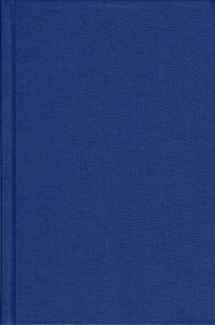
Do Running Mates Matter?: The Influence of Vice Presidential Candidates in Presidential Elections
Book details
Summary
Description
The American vice presidency, as the saying goes, "is not worth a bucket of warm spit." Yet vice presidential candidates, many people believe, can make all the difference in winning--or losing--a presidential election. Is that true, though? Did Sarah Palin, for example, sink John McCain's campaign in 2008? Did Joe Biden help Barack Obama win? Do running mates actually matter? In the first book to put this question to a rigorous test, Christopher J. Devine and Kyle C. Kopko draw upon an unprecedented range of empirical data to reveal how, and how much, running mates influence voting in presidential elections.
Building on their previous work in The VP Advantage and evidence from over 200 statistical models spanning the 1952 to 2016 presidential elections, the authors analyze three pathways by which running mates might influence vote choice. First, of course, they test for direct effects, or whether evaluations of the running mate influence vote choice among voters in general. Next, they test for targeted effects--if, that is, running mates win votes among key subsets of voters who share their gender, religion, ideology, or geographic identity. Finally, the authors examine indirect effects--that is, whether running mates shape perceptions of the presidential candidate who selected them, which in turn influence vote choice. Here, in this last category, is where we see running mates most clearly influencing presidential voting--especially when it comes to their qualifications for holding office and taking over as president, if necessary. Picking a running mate from a key voting bloc probably won't make a difference, the authors conclude. But picking an experienced, well-qualified running mate will make the presidential candidate look better to voters----and win some votes.
With its wealth of data and expert analysis, this finely crafted study, the most comprehensive to date, finally provides clear answers to one of the most enduring questions in presidential politics: can the running mate make a difference in this election?


We would LOVE it if you could help us and other readers by reviewing the book
Book review



